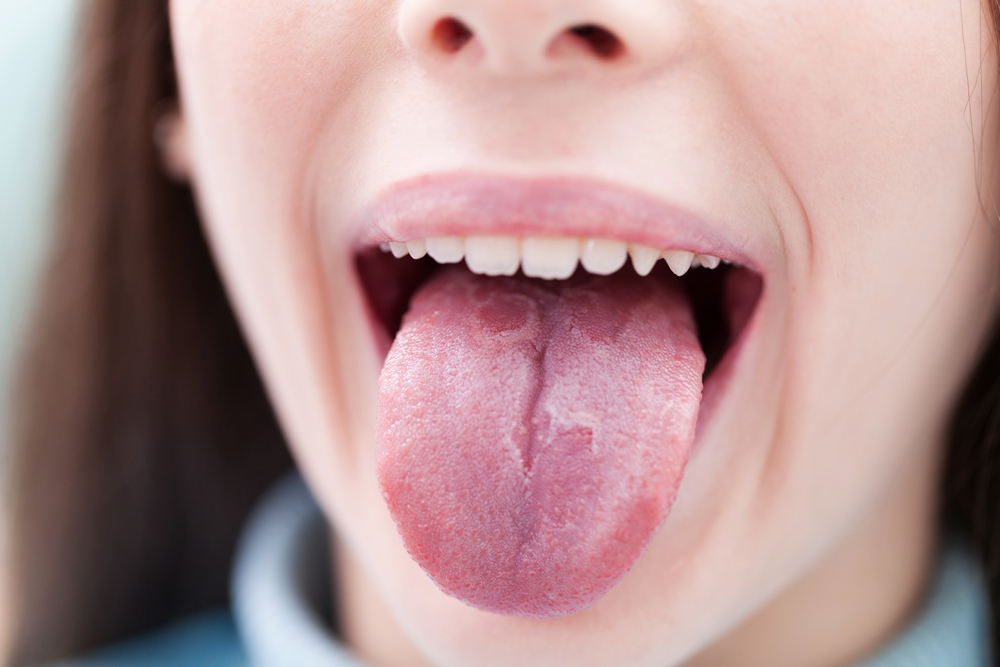Contents:
Medical Video: Antimitochondrial Antibody Test (AMA Test) - Normal Results, Sample, Diseases
Definition
What are antimitochondrial antibodies?
An antimitokondrial antibody test is a test that is often performed to diagnose primary biliary cirrhosis (PBC). Antimitokondrial antibodies are part of cytoplasmic antibodies that directly fight lipoprotein in mitochondria. Antimitokondrial antibodies occur in 94% of primary biliary cirrhosis patients. Antibodies in group M-2 are antibodies that play a role in diagnosing PBC. However, these antibodies are not useful for monitoring disease progression.
When should I have antimitochondrial antibodies?
An Antimitochondrial Antibody (AMA) or AMA-M2 test is usually prescribed by your doctor if your doctor suspects that you have an autoimmune disorder such as primary biliary cirrhosis cholestasis.
The following are the symptoms of the emergence of a biliary primary cirrhosischoletasis:
- itchy
- jaundice
- tired
- stomach ache
- enlarged heart
Many people suffer from this disease without experiencing any symptoms first. This disorder is usually identified first due to abnormalities in other tests such as liver enzymes, increased amounts of alkaline phosphatase.
Prevention & warning
What should I know before undergoing antimitochondrial antibodies?
This test can be done with other tests that function to detect other causes of liver disease or injury. The causes may include infections, such as viral hepatitis, drugs, alcohol abuse, poisons, congenital diseases, metabolic diseases, and autoimmune hepatitis. This AMA and AMA-2 test cannot identify primary cholestatic cirrhosis, other tests, and clinical symptoms, which can diagnose primary cholestatic cirrhosis.
Here's another test your doctor prescribes:
- Anti-nuclear antibodies (ANA)
- Immunoglobulin M (IgM)
- Bilirubin
- Albumin
- C-reactive protein
- Smooth Muscle Antibodies (High School)
The doctor must do another liver biopsy to detect a diagnosis of primary biliary cirrhosis after positive AMA test results and high liver enzymes are obtained. Approximately 50% of cases of primary cholestatic cirrhosis will be detected before obvious symptoms occur.
It is important for you to understand warnings and precautions before carrying out this operation. If you have questions, please consult a doctor for more information.
Process
What should I do before undergoing antimitochondrial antibodies?
You should listen to the doctor's explanation of this test. You don't need to fast or make special preparations before the test.
What is the process of antimitochondrial antibodies?
The medical personnel who are in charge of taking your blood will take the following steps:
- wrap an elastic belt around your upper arm to stop the blood flow. This makes the blood vessels under the bond enlarge making it easier to inject needles into the vessels
- clean the part to be injected with alcohol
- inject a needle into a vein. More than one needle may be needed.
- attach the tube to the syringe to fill it with blood
- remove the ties from your arms when taking blood is enough
- attach gauze or cotton to the injected part, after the injection is finished
- put pressure on the part and then put on a bandage
What should I do after undergoing antimitochondrial antibodies?
You have to squeeze your veins if you have liver problems, maybe you have a bleeding disorder.
If you have questions about this process, please consult with a doctor to get better instructions.
Explanation of Test Results
What do the test results mean?
Normal results:
No mitochondrial antibody titre> 1: 5 or antibody count <0 units
Abnormal results:
Increased number of antibodies:
- primary biliary cirrhosis (PBC)
- active chronic hepatitis
- systemic lupus erythematosus
- syphilis
- drug-induced biliary obstruction
- autoimmune hepatitis
- extrahepatic obstruction
- acute infectious hepatitis
Depending on the laboratory you choose, the normal standard test numbers can vary. Discuss with your doctor about the results of your test.
Hello Health Group does not provide medical advice, diagnosis or treatment.











